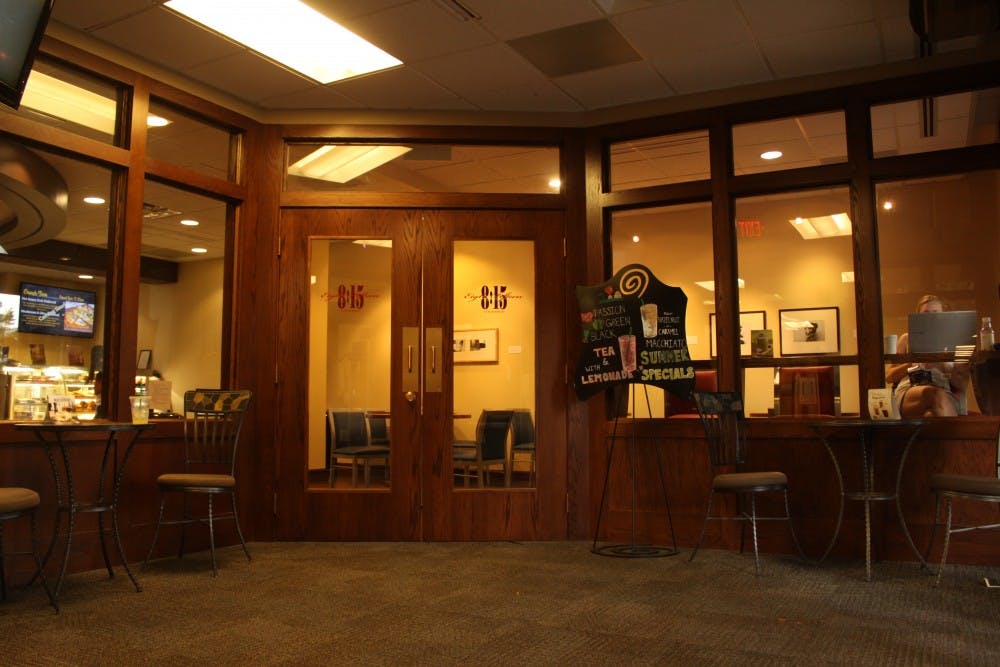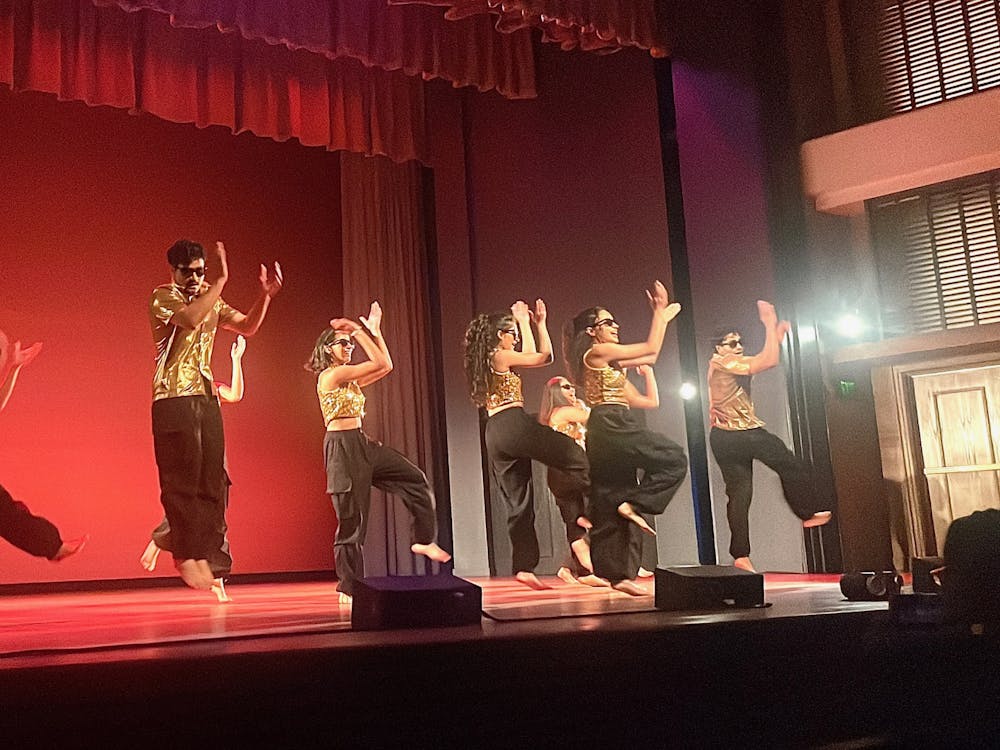In a single day, Americans across the nation waste around 150,000 tons of food. Per person, that’s a pound of food a day. Per year, that equates to 60 million tons or $160 billion worth of food thrown away.
The Office for Sustainability refuses to let the University of Richmond contribute to that statistic.
“In the U.S., as lucky as many of us are, one in eight people have food insecurity,” said Rob Andrejewski, director of the Office for Sustainability. “So we’re throwing away 40 percent of our food and 12 and a half percent [of us] are insecure.”
In 2015, UR alumna Maggie Johnson, ‘18, read what she called a “feel-good” story about the Food Recovery Network, a national student-led anti-hunger movement created by a group of students at the University of Maryland. After reading that story, Johnson decided that UR needed its own anti-hunger organization, she said.
“There was nothing like that happening in Richmond,” Johnson said. “I read somewhere that colleges are such a big source of food waste, and it seemed like a really good opportunity to try to make a difference.”
That spring semester, Johnson brought her idea to life and created the Food Recovery Project under the wing of the Office for Sustainability. Johnson said the process of creating the project had been the easy part because she had faced no pushback from the university. Keeping it alive proved to be the real challenge.
“There was a ton of sustainability-focused organizations,” Johnson said. “For us, it was just really hard to get people who were committed only to the Food Recovery Network instead of being committed to sustainability in general.”
After a year or two, the Food Recovery Project quietly died out.
Yet in the spring of 2016, Lou’s Café manager Amanda Boyd reached out to the Office for Sustainability and insisted on reviving the project.
“I taught Special Education for several years at a treatment center for children,” Boyd said in an email. “Ninety-nine percent of the students qualified for the USDA free-lunch program. I would take my class to the local Food Bank and the students would help pack groceries for the day for family pickups. Never once was there a class where at least a couple kids didn’t exclaim matter-of-factly ‘my family used to come here.’
“No pretense. No judgement. Just kids stating facts. It is very poignant to hear children talk of hunger.”
As it so happened, at the time Boyd made her request, the Office for Sustainability had just taken in a new intern, senior Jenny Kearney, who was more than willing to take the reins as the project’s new student leader.
Enjoy what you're reading?
Signup for our newsletter
“It was a really simple way for us to do something really good for the community,” Kearney said. “It just seemed like we could be a really positive influence as a campus in the lives of some people by me just driving food somewhere.”
Every Friday, Kearney travels from Everything Convenience, to Eight-Fifteen at Boatwright Library, to Lou’s Café and then to Passport Café and picks up any consumable items that the establishments have in excess. From there, Kearney drives to Saint Stephen's Episcopal Church, where the items are given out to people who are food-insecure.
The Food Recovery Project has doubled its intake within the last year, Kearney and Andrejewski said.
“Last year, we were giving away 81 pounds of food per week on average," Kearney said. "This year, I’ve only gone for the first four weeks of school, but we have an average of 65 pounds of food per week.”
Although it may seem as if the project is less successful than last year, Kearney explained the 81-pound average is affected by school breaks and holidays. Typically the day that a break starts, the project receives double, sometimes triple, the amount of its usual intake.
The project has been well-received by Dining Services and UR administration but it still faces one problem: lack of student involvement. Kearney has attributed this issue to simple lack of publicity, rather than lack of interest.
“Students don’t really know that this is something we do,” Kearney said. “Whenever I tell my friends, the reaction is always positive. It’s something that they like. People don’t like to see fresh bagels being thrown away. That’s a sad thing to see. As knowledge of the program and enthusiasm for the program grows, I think this could definitely be something that our campus really takes part in and takes pride in.”
The effects of the Food Recovery Project are not just hearsay, either. The project has produced genuine, tangible results.
“It was the week that all of the classes were canceled because of the hurricane,” Kearney said. “When I picked up the food that Friday ... they had a bunch of bread. Loads and loads of bread or bundles of bagels.
“I showed up to the church ... and our partner [Jessica Smith] at Saint Stephens goes: ‘Thank goodness because I was about to have to run out and buy bread. That was the one thing we’ve run out of.’”
Contact senior news writer Joshua Kim at joshua.kim@richmond.edu
Support independent student media
You can make a tax-deductible donation by clicking the button below, which takes you to our secure PayPal account. The page is set up to receive contributions in whatever amount you designate. We look forward to using the money we raise to further our mission of providing honest and accurate information to students, faculty, staff, alumni and others in the general public.
Donate Now



